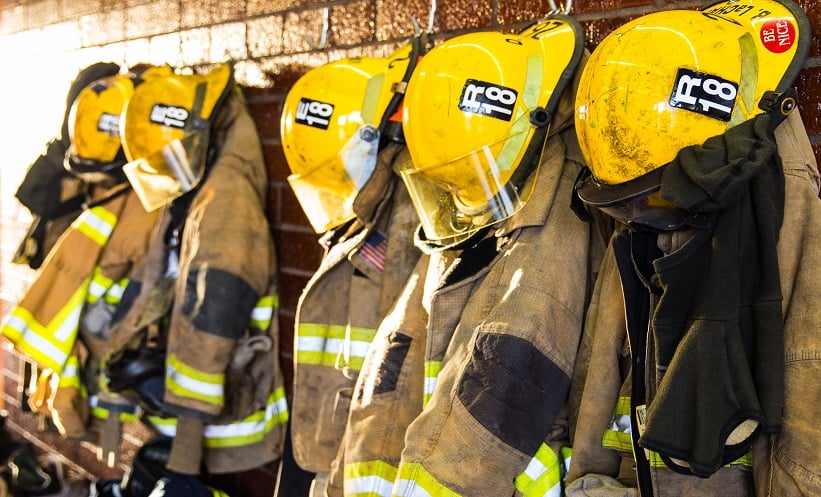LUNG disease could be prevented, by losing weight and the elimination of excess levels of fat in the blood, in the firefighters and first responders who were exposed to hazardous levels of fire, smoke, and toxic chemicals during the incident that took place on 11th September 2001 (commonly known as 9/11) at the World Trade Center, New York, USA. Researchers have speculated that the exposure to toxins and fine particles that the first responders were subjected to may eventually cause lung disease. However, following two decades of research, it has been identified that high BMI and high toxin exposure were the main significant factors that would reduce lung function.
This new study was carried out at the New York University (NYU) Grossman School of Medicine, USA, using 20 years’ worth of collated data from over 5,700 firefighters. The researchers identified five predictive factors that could contribute to lung disease: excess body fat, the combination of insulin resistance, high blood pressure, and increased levels of sugar and cholesterol in the blood. These factors contribute to metabolic syndrome, which is a combination of heart disease, stroke, and diabetes. According to the researchers, regulating at least one of these factors could potentially and significantly lower the risk of lung disease development in the firefighters within 5 years, despite the fact that the 9/11 incident took place 20 years ago.
Furthermore, the researchers placed some of the patients on a low-calorie Mediterranean diet, featuring unrefined grains, olive oil, fruits, and fish products, which reduced their risk of lung disease. The participants, who followed the dietary requirements for 6 months, lost approximately 2 BMI points and additionally had less signs of lung disease compared to the reported signs before the study. Further research is required to understand the benefits of the diet in a more diverse population, who have been similarly exposed to toxic pollutants.
“The lessons from our investigation can be applied not only to firefighters but to the millions of city dwellers exposed to air pollution on a daily basis,” says study senior author and pulmonologist Anna Nolan, Departments of Medicine and Environmental Health at New York University Langone, USA. “They should be aware that while their environment poses real health risks, they may still minimise their risk of lung disease even if they cannot change their exposure.”








